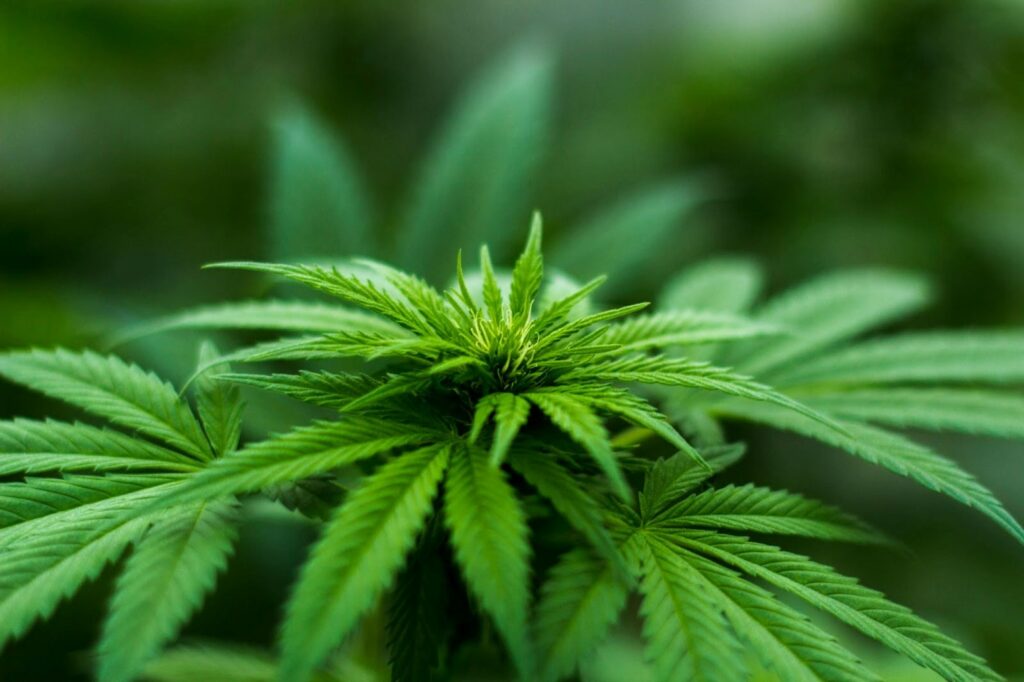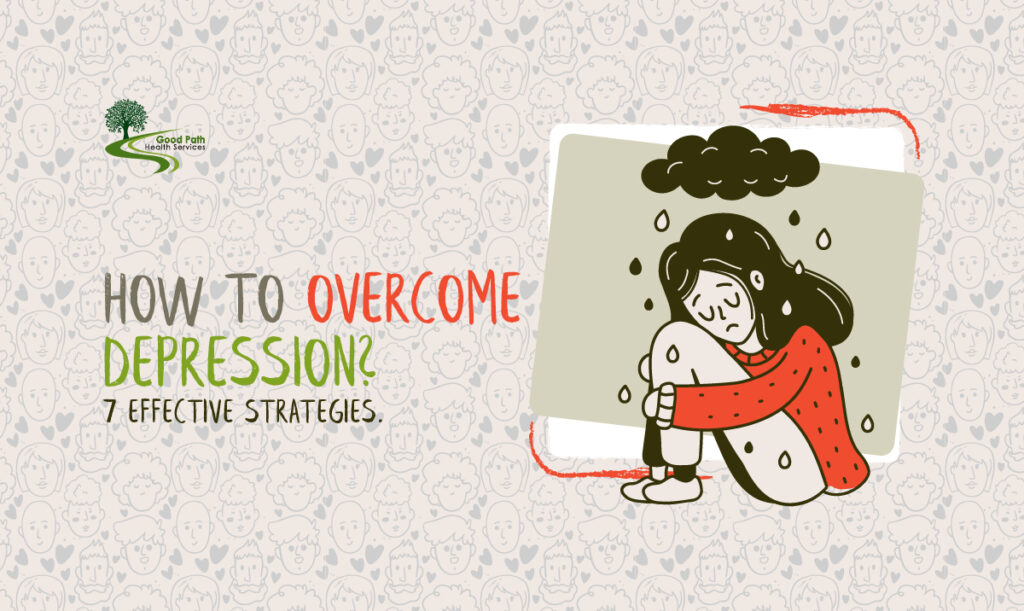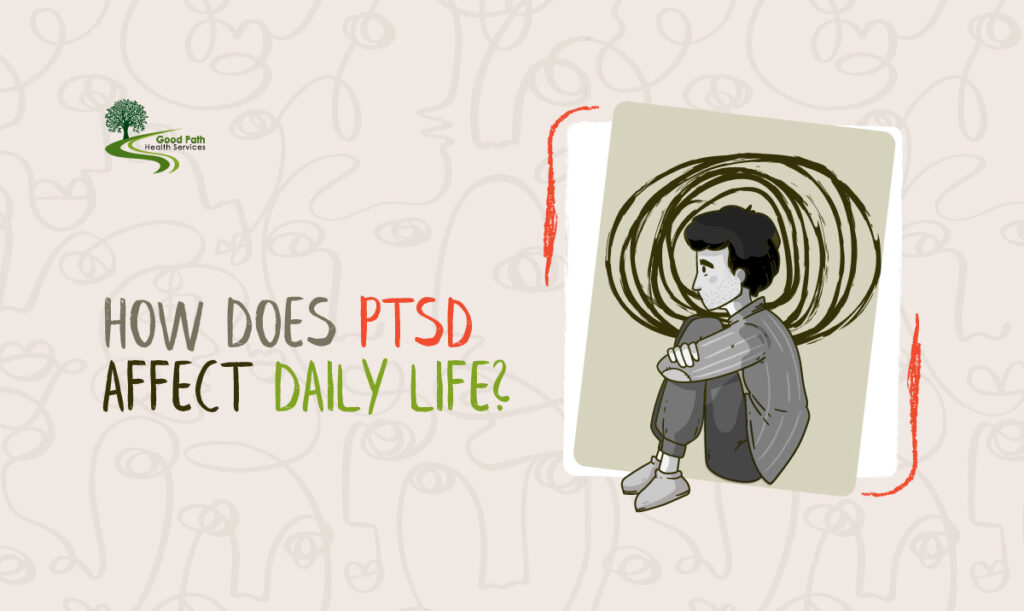 Cannabis is steadily being recognized as a therapeutic treatment. Many people are finding out how medicinal marijuana might improve various health conditions.
Cannabis is steadily being recognized as a therapeutic treatment. Many people are finding out how medicinal marijuana might improve various health conditions.
If you want to purchase and use medical marijuana legally, you’d need a medical marijuana card.
Below we’ll explain what is a medical marijuana card and how to get a medical marijuana card. Let’s get started.
What is a Medical Marijuana Card?
A medical marijuana card is essentially a patient ID allowing for the legal purchase of medicinal cannabis.
The state gives this card, meaning a licensed doctor has approved the cardholder to use cannabis for treating specific medical disorders.
Why Do You Need a Medical Marijuana Card?
In states where medical marijuana is allowed, owning such a card provides multiple advantages.
- One being legal safety and protection: Those with this card typically have legal protection from being charged for marijuana possession.
- Secondly, access to medical-grade products: These people can go to medical dispensaries that supply products made especially for medical needs.
- Third is higher possession limits: Those with a medical marijuana card generally are allowed to possess more compared to users for leisure.
- Lastly, the potential for lower costs: Some regions provide tax relief or lower rates for medically used marijuana as compared to marijuana used for recreation.
Medical Marijuana Card Eligibility: A General Overview
Each jurisdiction has unique specifications, yet generally, one might acquire a medical marijuana card if dealing with:
- Chronic pain
- Cancer
- HIV/AIDS
- Glaucoma
- Multiple sclerosis
- Epilepsy and seizures
- Post-traumatic stress disorder (PTSD)
- Severe nausea
- Crohn’s disease
- Muscle spasms
How to Get a Medical Marijuana Card?
Here’s a simple way to get it. The entire process is divided into several steps.
Step 1: Know Your State’s Regulations
Each state has distinct guidelines and approved medical conditions for using medical marijuana. It’s critical to know your state’s particular rules before you begin.
Step 2: Gather Medical Records
You need to offer medical documents showing your qualifying condition. These documents should be current and from a licensed healthcare provider.
Step 3: Schedule a Consultation
Book a meeting with a doctor who can legally recommend medical marijuana. Some states specify approved doctors, but others allow all licensed doctors to give a recommendation.
Step 4: Attend the Consultation
During this meeting, the doctor will assess your condition and decide if you qualify for medical marijuana. Prepare to discuss your health background, current signs, and prior therapies.
Step 5: Get a Recommendation
Once your eligibility is affirmed, the doctor gives a written suggestion for medicinal cannabis. You’ll need this document for what comes next.
Step 6: Start the Application for Medical Marijuana Card
After the doctor’s approval, begin the application process for your medical marijuana card, following your state’s rules.
- Completing an application form
- Submitting your physician’s recommendation
- Providing proof of residency
- Paying an application fee
Many states simplify this process through online application portals.
Step 7: Receive Your Card
After the approval of your application, your medical marijuana card will be sent via mail. Each state has different processing times, but it’s often a few weeks.
Benefits of Medical Marijuana Card
Access to Medical Marijuana Dispensaries
People with medical marijuana cards have the benefit of using specific dispensaries. They have the advantage of getting strains and forms, which are not open for recreational users.
Expert Guidance
Often, dispensaries have well-learned staff. They show patients the right products for their health issues, boosting treatment success.
Cost Savings
Some states give financial incentives to medical marijuana patients. They might pay less tax on cannabis items or get deals at dispensaries.
Common Misconceptions About Medical Marijuana Cards
It’s Difficult to Get a Card
The procedure might take a bit of work, yet it’s simple provided you meet the rules set by your state and adhere to the guidelines mentioned.
It’s Only for Severe Conditions
Numerous states have widened their qualifying conditions to include persistent discomfort and other conditions that may not be as severe but remain debilitating.
Medical Marijuana is a Cure-All
While medical marijuana can help treat numerous conditions, it’s not a cure-all. It ought to be utilized within a thorough treatment plan, supervised by a healthcare provider.
Tips for a Successful Application
Be Prepared
By having all your paperwork ready beforehand, you’ll sidestep any hold-ups.
Be Honest
Openly share with your doctor all symptoms and past treatments. This candid talk makes sure you get the best remedies.
Renew on Time
Medical marijuana permits usually need yearly updates. Keeping your expiration date in mind secures continuous access to your medicine.
What to Expect at a Medical Marijuana Dispensary
Initial Visit
Walking into a medical marijuana dispensary for the first time can feel intense, but don’t worry. The team will assist you. Remember to carry your medical marijuana card and an ID issued by the government.
Consultation
Many dispensaries provide consultation with informed employees ready to guide you to the right products. Get ready to talk about your health status and what you hope to achieve.
Product Selection
Dispensaries offer a variety of products, including flower, edibles, tinctures, and topicals. Employees can guide you to the most effective usage method for your situation.
Takeaway
Obtaining a medical marijuana card might transform things for people with enduring pain or disabling conditions.
This guide explains the steps clearly, helping you feel sure about the procedure and begin experiencing the advantages of medical cannabis.
When you’re set to take the next step towards enhanced health and well-being, Good Path Health Services is ready to assist.
Our health professionals can walk you through getting your medical marijuana card and offer continuous support during your treatment.
Visit Good Path Health Services today to know for more information and to arrange an initial consultation.
Note: We provide marijuana medical card services exclusively to Rhode Island patients.
FAQ
-
What are the side effects of medical marijuana?
Using medical marijuana could lead to diverse side effects, changing with each individual.
Typical effects cover dizziness, parched mouth, a sense of bliss, heightened hunger, and weariness.
Some might face issues with short-term memory, anxious feelings, or unease.
Take a small dose initially, slowly increase, all while a health provider oversees to counter undesirable outcomes.
-
How easy is it to get a medical marijuana card in California?
One can easily achieve this, here’s how:
- Plan ahead: Set an appointment with a physician skilled in medical marijuana, either in person or online.
- Examination: The doctor assesses your medical situation to see if you qualify for a medical marijuana referral.
- Proof: You receive a written recommendation if approved. Use this to apply for a card via the California Department of Public Health’s medical marijuana scheme (MMP).
- Compilation: Fill out the application, show identity and residence proof, attach physician’s note, and send it to your county’s program.
- Ratification: Get your medical marijuana card after the application undergoes review and approval. It permits you to buy medical marijuana from licensed dispensaries.
-
What conditions qualify for a medical card in New York?
New York notes the following medical conditions that warrant a card.
- Cancer
- HIV/AIDS
- Amyotrophic Lateral Sclerosis
- Parkinson’s Disease
- Multiple Sclerosis
- Suffering from an injury to the spinal cord that leads to spasticity
- Epilepsy
- Conditions like Inflammatory Bowel Disease
- Dealing with Neuropathy—pain by damaged nerves
- Chronic Pain
- Living with Post-Traumatic Stress Disorder
- Opioid Use Disorder (as an alternative to opioid use)
Patients must have one of these conditions then receive certification from a registered medic. Upon receipt, patients can apply for a medical marijuana card using the New York State Department of Health’s Medical Marijuana Program.



